Why Have One Wedding When You Can Have Two?
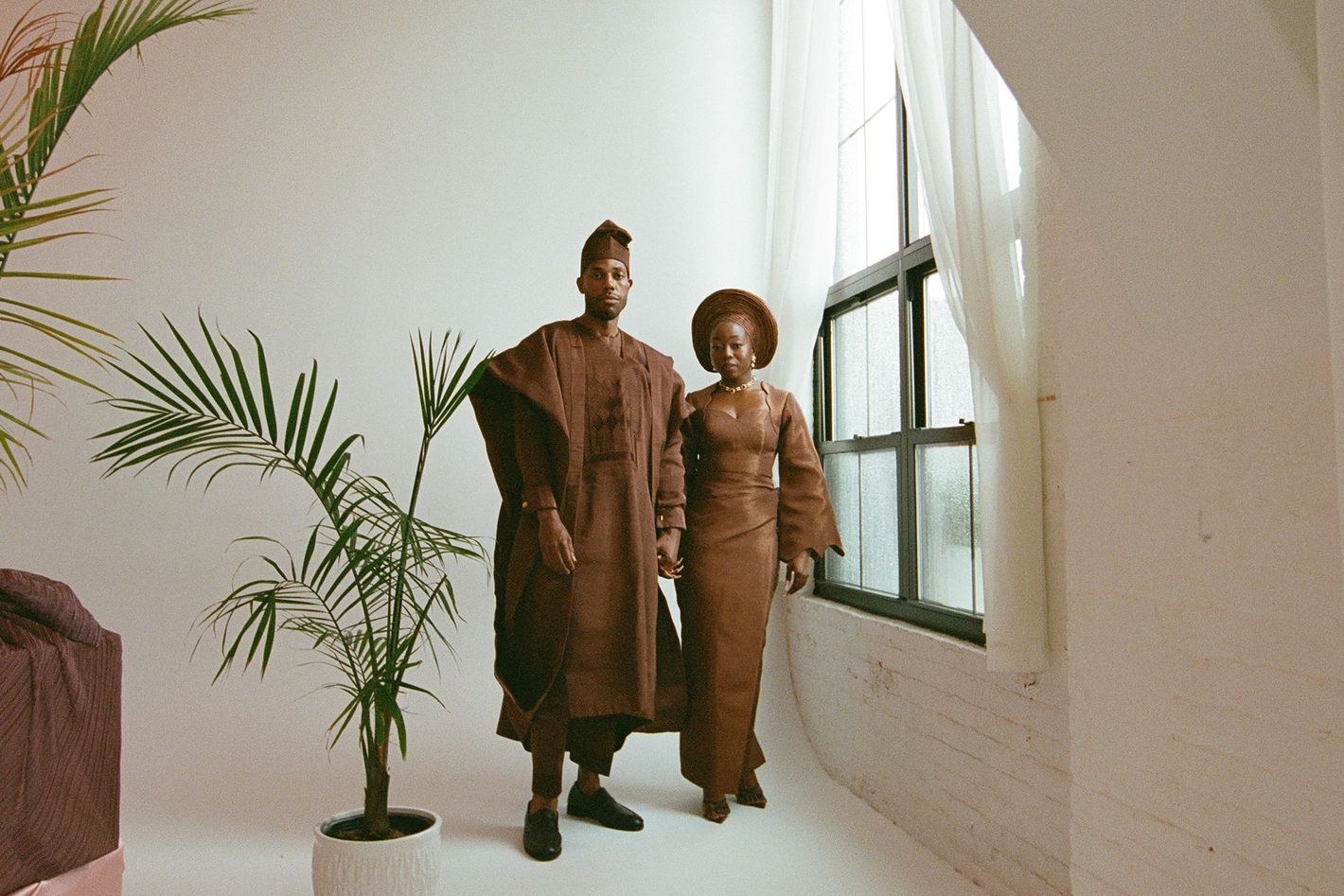
Photo: Chellise Michael Photograph
When we ask newlyweds to think back on what they wanted most for their big day — and we’ve interviewed hundreds of them over the years — the most common response is “For it not to feel like a wedding!” Gathering with old friends and eating mini grilled cheeses in formalwear to celebrate love feels more special these days than ever, even downright miraculous. And the betrothed have never been less attached to the old wedding handbook — or the need to please their great-aunt. So in a flurry of pampas grass and perfectly mismatched-to-match bridesmaid dresses, how do you pull off a non-cookie-cutter affair? For the answers, we decided to interrogate the cool couples whose weddings we would actually want to steal, right down to the tiger-shaped cake toppers.
Here, we spoke with Bridget Yassme, a digital journalist, and Joshua Mark, who works in finance. The native New Yorkers first met as teenagers and circled each other for years before getting together. Formalizing their union required a lot of planning, particularly because they wanted to prioritize the bride’s Ghanaian culture and traditions. They ultimately decided to split their celebration into two parts, bookending the summer of 2024 with a traditional wedding in Queens in May and a more western celebration in Brooklyn in September.
Bridget: It’s complicated. We met several times before we began.
Joshua: We grew up in similar circles. We met at a high-school party in the Bronx my sophomore year, her freshman year.
Bridget: I would see him here and there along the way. My first memory is of a small gathering in college.
Joshua: I was at a party at Wesleyan, where she went to college, and I was struck. She was beautiful. I was like, Who is that person?
Bridget: It took me some time to really see Joshua. My focus was in a completely different place right after college. I ended up moving to Ghana because I thought I was going to settle there. I thought my career was going to be there.
Joshua: I finally built up all this courage to tell her I liked her, and she says, “That’s great information and I really appreciate it, but I’m moving to Ghana on Sunday.”
Bridget: He was the last person I would’ve guessed would stay in touch, but he reached out randomly to say, “I hope you’re doing well.” I was going through a lot, and I felt really far from my friends, so it meant so much to me! When I came back, I knew I wanted him in my life; I just wasn’t sure in what capacity.
Joshua: I think I was in love with her before we started. It was this constant knowing that I needed to take this person extremely seriously.
Bridget: We finally met up in the spring of 2018, and we sat on a bench outside of Riverside Park for eight hours talking. He felt like someone I had known my whole life. He made me laugh. He makes me laugh — that’s the thing about him I love the most.
Joshua: I just knew that this was the person I was going to marry.
Bridget: We’ve been together seven years, and even in the beginning stages, we always talked about how we wanted our children to have a slice of Ghana and a slice of Trinidad. We go to a predominantly Ghanaian church, so he’s been around the culture. And let me say, Ghanaians are not shy about their culture.
Joshua: For us to even get engaged, there had to be an announcement that I was interested in marrying her. We had to prepare for the knocking.
Bridget: Once he sat down with my mom and dad and expressed that this is what he wanted to do, my mom was like, “Okay, here are all the things that we need to get done,” and he was game. He and my mom are besties.
Joshua: You show up at her parents’ house with traditional foods and gifts to formally announce, as they say, “I am interested in picking a flower out of this garden.”
Bridget: Then they come and literally knock on my door. My father has to ask three times, “Are you sure that you are interested in this man? Are you sure that we should accept him? Are you sure?” That was the most emotional moment for me because it became so real. And I appreciated my culture, that they care so much about my voice. Once we had that settled, we were free to go on with a more typical western expectation of an engagement.
Joshua: It’s hard to surprise someone who knows you’re planning to propose.
Bridget: Here’s the thing you need to know — I’m really hard to surprise. I will dream about a surprise.
Joshua: I tried proposing two other times and she guessed it, and I had to pivot immediately.
Bridget: The way he was able to get around this and have me shell-shocked was he somehow found out who my nail artist and hair braider are. It was a self-care day, and I was getting my nails and hair done.
Joshua: I texted her friends that I felt would not tell, and found the hairdresser and nail artist on Instagram and DM’d them.
Bridget: He showed up when I had two braids left. He comes in with a bouquet of flowers! I blacked out.
Joshua: We went to Brooklyn Bridge Park and I finally got down on one knee and asked her to marry me.
Bridget: I just giggled the whole way through. It was the best surprise ever, ever, ever, ever.
Joshua: We went through so many iterations of what was or wasn’t possible. With price fluctuations and everything else coming out of the pandemic, it was all over the place. And finding specific things to fulfill traditional West African requirements is not always easy in the States.
Bridget: We lost money trying to come up with the various forms of how to make this work, the perfect compromise of family, love, culture. We didn’t know how we were going to afford it. Ghanaian weddings are big. They’re lavish. They have hundreds and hundreds of people. And we knew it wasn’t going to look like that. It didn’t make sense financially, or in New York.
Joshua: The traditional West African wedding is called an “engagement.” If we were in Ghana, that would be the wedding, pretty much. Some people still do what they call the “white wedding,” because of the white dress.
Bridget: Traditionals are family affairs. We talked about having it all on the same day, or one day after the other, but ultimately decided to prioritize being present for both. We didn’t want to feel rushed. We had several hard conversations with my family to let them know we were going to do separate ones in May and September, which meant that not everyone who was there in May could be there in September, and vice versa.
Joshua: We worked with two planners for the two events — Christina Van Essen for the traditional, and Kate Pauley for the white wedding. We had the traditional event at a multifunctional photography studio, Atmosfera in Queens. It was bare but extremely beautiful, from the structure and arches.
Bridget: They had draping on the ceiling that we were obsessed with, incredible natural light, and a staging area that was perfect because a big part of the traditional wedding is the gifts the groom brings for the family.
Joshua: We got our traditional clothes made in Nigeria.
Bridget: Ghanaians typically wear kente to their weddings, but my family is northern, and the northern part of Ghana has a lot of traces to Nigeria. We speak Hao. So I had a little bit more wiggle room in what I could wear. I chose aso oke, a woven fabric from Nigeria, in a bronzy brown because that’s my favorite color. We had it done by a tailor in Nigeria, and I just had to trust, since we couldn’t touch it in person. I sent pictures, ideas, sketches, and she executed. Joshua wore an agabada.
Joshua: There was a list of gifts from the knocking that I had to present Bridget. Once everyone was seated, my guests and I came out to a song. I shook the hands of everyone on Bridget’s side, a mix of family and family friends.
Bridget: The gifts are supposed to dress the bride from head to toe, and it’s symbolic that he’s able to care for her — from top to bottom, he has her covered. The list includes, like, four cows, two lambs, but since we’re in the West, he presented them with money and other gifts for our extended family. Then it’s the bride’s “price” portion, which is like a game. They might give an envelope, and my side of the family says, “This doesn’t feel heavy enough. She is a college grad. She went to Columbia,” to up the price. It’s bartering.
Joshua: I’ll tell you how much I didn’t know: I’d never been to a wedding before, so this is how blank I’m coming into all of this. I had to learn through Bridget, Bridget’s parents, our pastor, and our apostle, who’s kind of like the grandfather of our church. He’s from the same region of Ghana as Bridget’s mom, so he understood.
Bridget: I danced out with a veil over my gele, the headpiece, which was made by Remite Signature. My mom danced with me, spraying me with money. When you’re “sprayed” with money, it’s like the family is wishing you prosperity and abundance. Finally, they ask Joshua to identify the bride. They go around the table, like “Is this your bride? Is this your bride?” And then he unveils me and confirms this is indeed his bride. The pastors have the most fun with this part. It’s theatrics.
Joshua: After we’ve gone through the gifts, the prayers, the ring, and once we got the agreement from our parents, we were announced as husband and wife and prayed on as husband and wife. Then we had food.
Bridget: The caterer, Rachel Snyder, was introduced to us through the venue. Her business is very faith-based, and we thought that was beautiful, but we needed to taste it. We ended up going to these small dinners she curates with people from all walks of life, and everything was so good! The most important things were the chicken — dark meat, legs — and seafood. We requested sorrel, which is a hibiscus drink popular in Trinidad and the Caribbean in general.
Joshua: These kinds of weddings can be a little lengthy, so we had to hop right into sharing speeches as soon as possible. The wind-down was really the eating and dancing, because there were so many traditions that needed to be checked off.
Bridget: Everyone went around the table praying for us and giving wisdom while the food was dispersed. We got great advice about prioritizing learning each other — to never get tired of learning more about the person you’ve chosen to be with.
Joshua: Then we all danced and had a great time. The biggest ordeal was getting all those presents out of there.
Bridget: The night before the white wedding, we stayed at the Penny Williamsburg together. We wanted to spend as much time together as possible. Then he went downstairs to get ready, and I stayed up there.
Joshua: It was on a balcony that we got to see each other for the first time. I was floored, just enamored.
Bridget: Joshua is the kind of man who compliments you from dusk till dawn. He is going to gas you up. He made me feel so beautiful. We just hugged and hugged and laughed.
Joshua: We took photos with our core family, and then got to the venue, Poppy’s. It almost looks like a boutique or storefront, but it’s an open-kitchen venue with caterers. It’s very serene, wooden, with a Japanese influence in the interior design.
Bridget: It felt like we were getting married in a home. I fell in love with the idea of getting married in a brownstone. It has this great lighting, an open kitchen, and a beautiful backyard. My friends were like, “Bridget, what’s the dress code? What colors do you want us to wear?” and I said, “Oh, I don’t have any colors.” They said, “Girl, we know you. Give us the vision.” So we made a mood board, and the dress code was “Outdress the bride in shades of cream, gold, brown, and beige.” Black people love brown, so it was really easy. There’s a shade of brown for everyone.
Joshua: We had the actual ceremony outside. We arranged the seats in a circle, and I stood in the middle of that with my right leg losing its mind, shaking and nervous.
Bridget: We had an in-the-round design, because what we wanted people to feel the most was the feeling of love. I wanted you to feel how much we love each other, and how much we love everyone in the room. In the center was our pastor.
Joshua: Our pastor’s seen us in every season of our relationship and has been super important and vital to every single one of those seasons. My mom held the rings, which was a really cool way of involving her.
Bridget: We wrote our own vows. We had them printed on beautiful stationery by Freckle Studios so we could have them framed and read them to each other.
Joshua: When I was giving my vows, a plane went over and the pastor told me to repeat everything. My pastor was like, “Get this man a mic, get this man a mic!” We then said the traditional vows of our church as it relates to our faith, so we were setting them before God. Then he prayed over us while we kneeled on two pillows, for the sake of her dress and my suit.
Bridget: A saxophonist played for a bit while Joshua and I just took a deep breath. My friends were so excited that they left the cocktail hour to come meet us in the back room and hug us. They came to scream and say, “Girl, you did it. You’re so bomb. You’re it. We love you.” They pinned up my dress, and then we were back out in the backyard, hugging everyone, taking pictures.
Joshua: Poppy’s catered the food, too.
Bridget: There was a grazing table and passed garlic shrimp and spicy chicken, so people were able to get lighter dishes until they brought out the heavier meals.
Joshua: We had a few options, but chicken was the biggest thing. I grew up as a Caribbean kid in the city, so we tried to pick foods that represented part of our cultures.
Bridget: There was grilled chicken and hanger steak, and fried tofu, with sides of orecchiette and eggplant.
Joshua: When it was finally time for dancing, we had DJ Jaiye, who grew up with one of Bridget’s friends, so he knew culturally what music to play. A lot of Afrobeats and Afro gospel music, as well as early- and mid-2000s R&B.
Bridget: We combined the father-mother-daughter and mother-son dances, and danced to Maxwell’s “Ascension (Don’t Ever Wonder).”
Joshua: We had our first dance to two songs, “They Don’t Know,” by Jon B., and “4Ever,” by Lil’ Mo and Fabolous.
Bridget: Our friends gave toasts, which was probably my favorite moment of the whole night. The most compelling part of the toasts is hearing your love story from their perspective. The word that’s coming to mind is “validating,” because there is a beauty in feeling like your love is validated, seen, appreciated, and respected. So grateful, grateful, grateful.
Joshua: The money sprays at both weddings — it’s fun when you see it, but when it’s happening to you, it’s another level of joyous. Seeing my mom dancing and smiling super hard the entire time, all these goofy smiles on people’s faces who are usually a little reserved — it was just a testament to what the moment was.
Bridget: My mom sweated off her makeup and, honestly, she deserved it. Besides myself and Joshua, she put the most into this. We all worked extra hours in order to make this come together. Every time I saw her dancing, I’d be like, Yes, Mommy!
Joshua: We gave out Levain cookies at the end, because to me those are the best cookies in New York. Oatmeal raisin is my favorite. People can argue with me on that. Poppy’s was also very generous in letting people take leftover food home.
Bridget: You have to understand, we went from crunching numbers that didn’t make sense and feeling like, Could we even do this? Should we just go to the courthouse? But it all came together and blew us away.
Joshua: We truly believe, without a shadow of a doubt, that God was doing something with that day.
Bridget: I know I’m talking about Jesus all the time, and too much, but I have to express my love and gratitude for that. Dancing with all our parents to “Ascension,” all the stress did not matter. It all melted away.
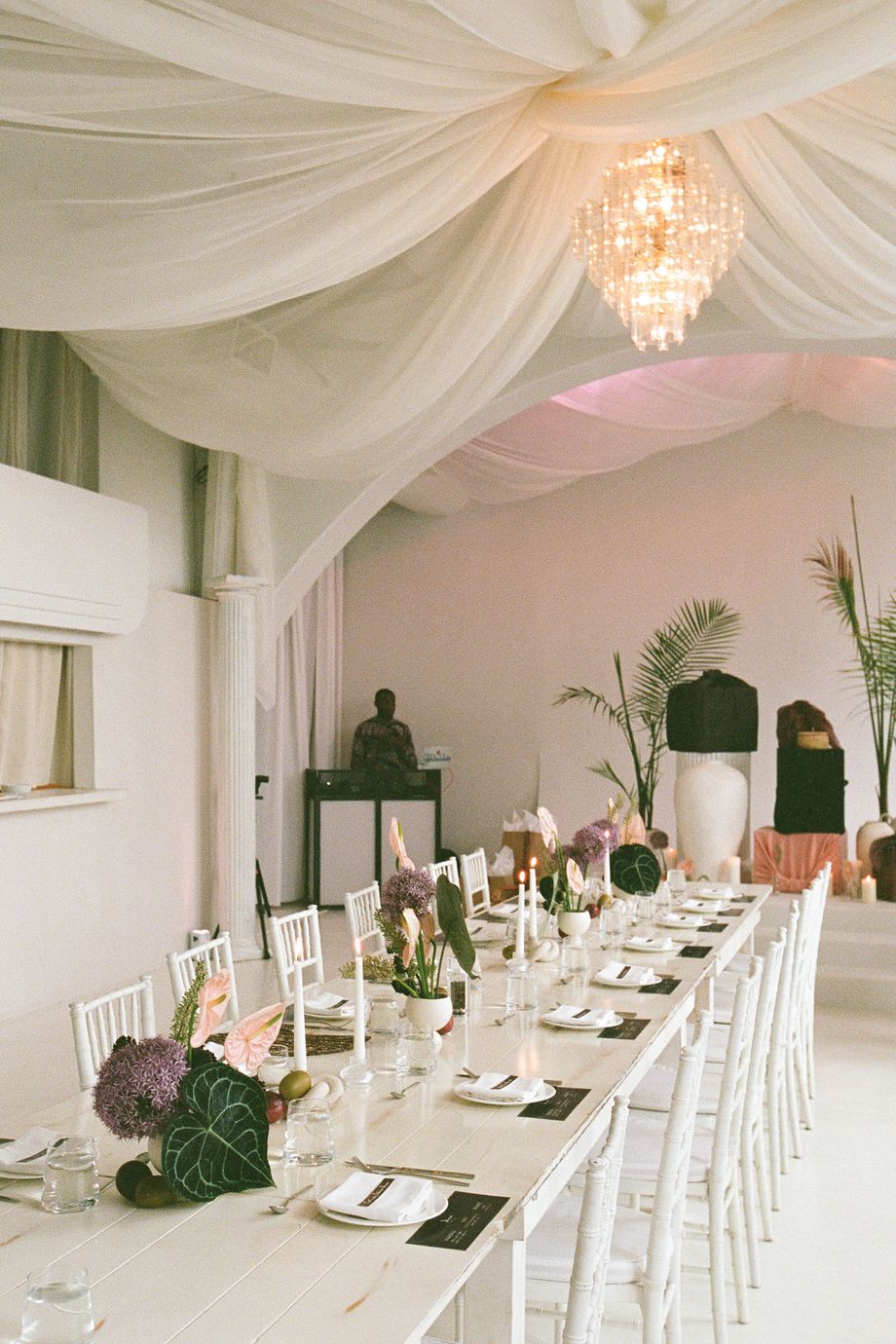 Photo: Chellise Michael Photography
Photo: Chellise Michael Photography
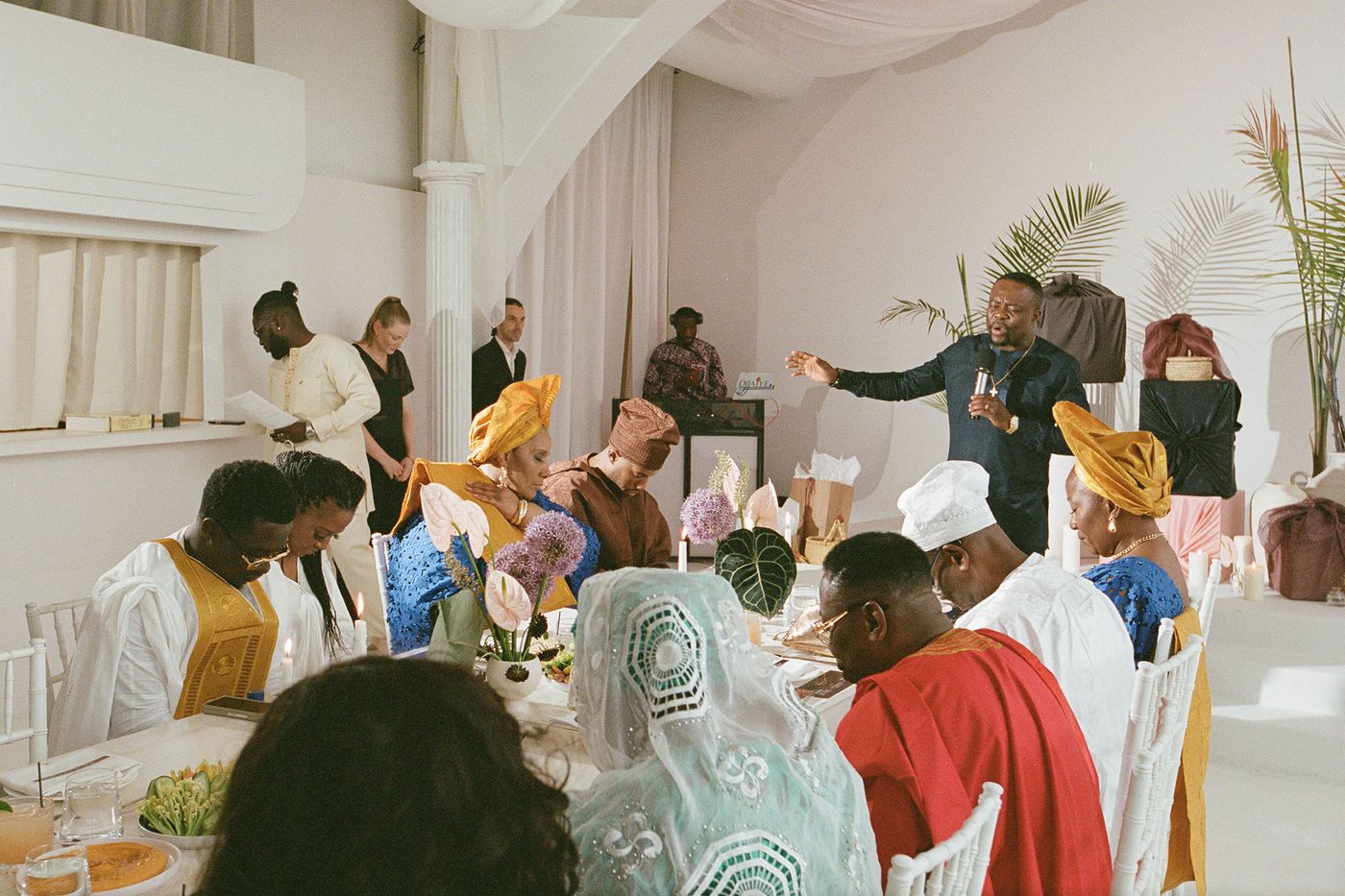 Photo: Chellise Michael Photography
Photo: Chellise Michael Photography
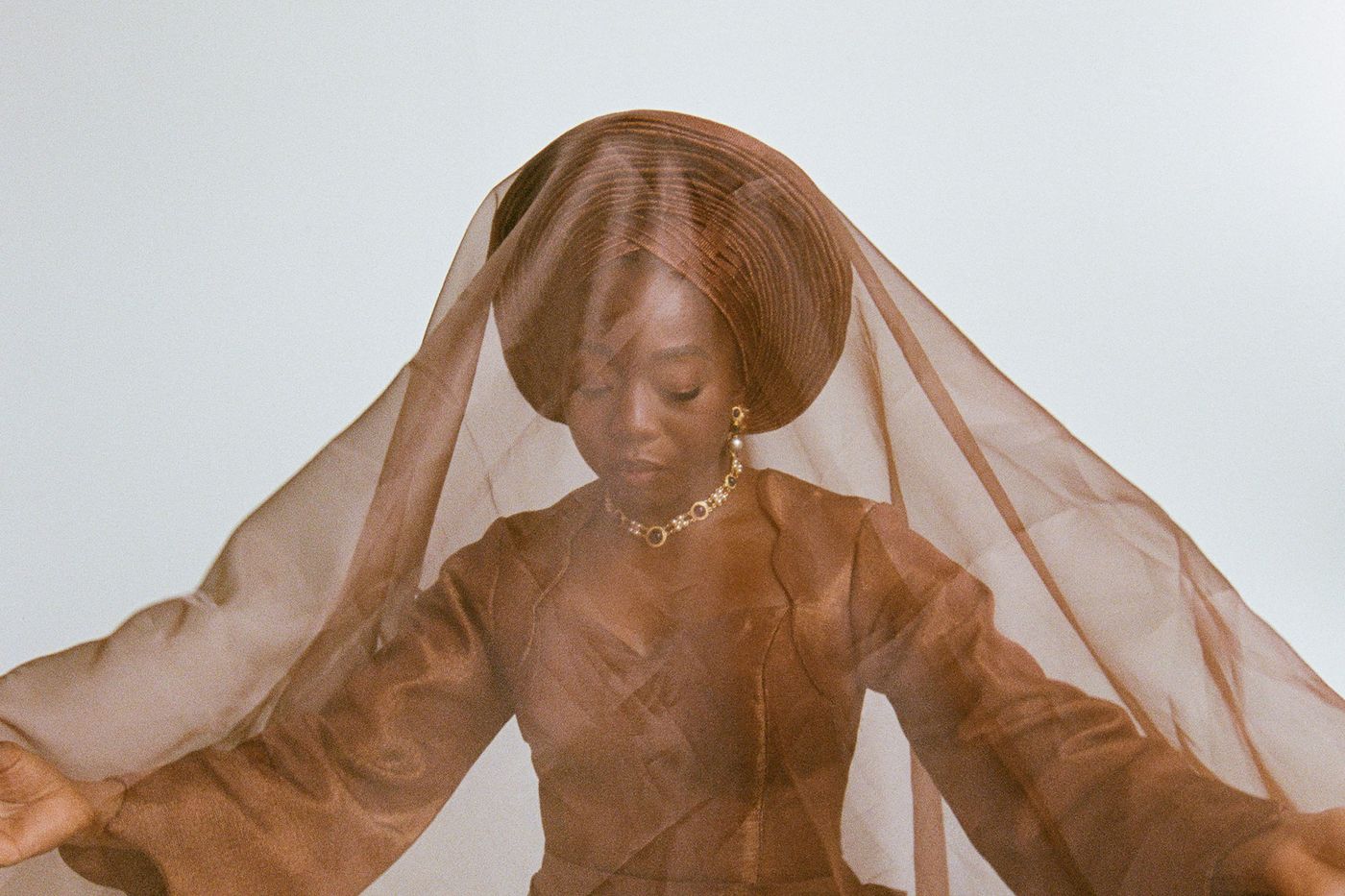 Photo: Chellise Michael Photography
Photo: Chellise Michael Photography
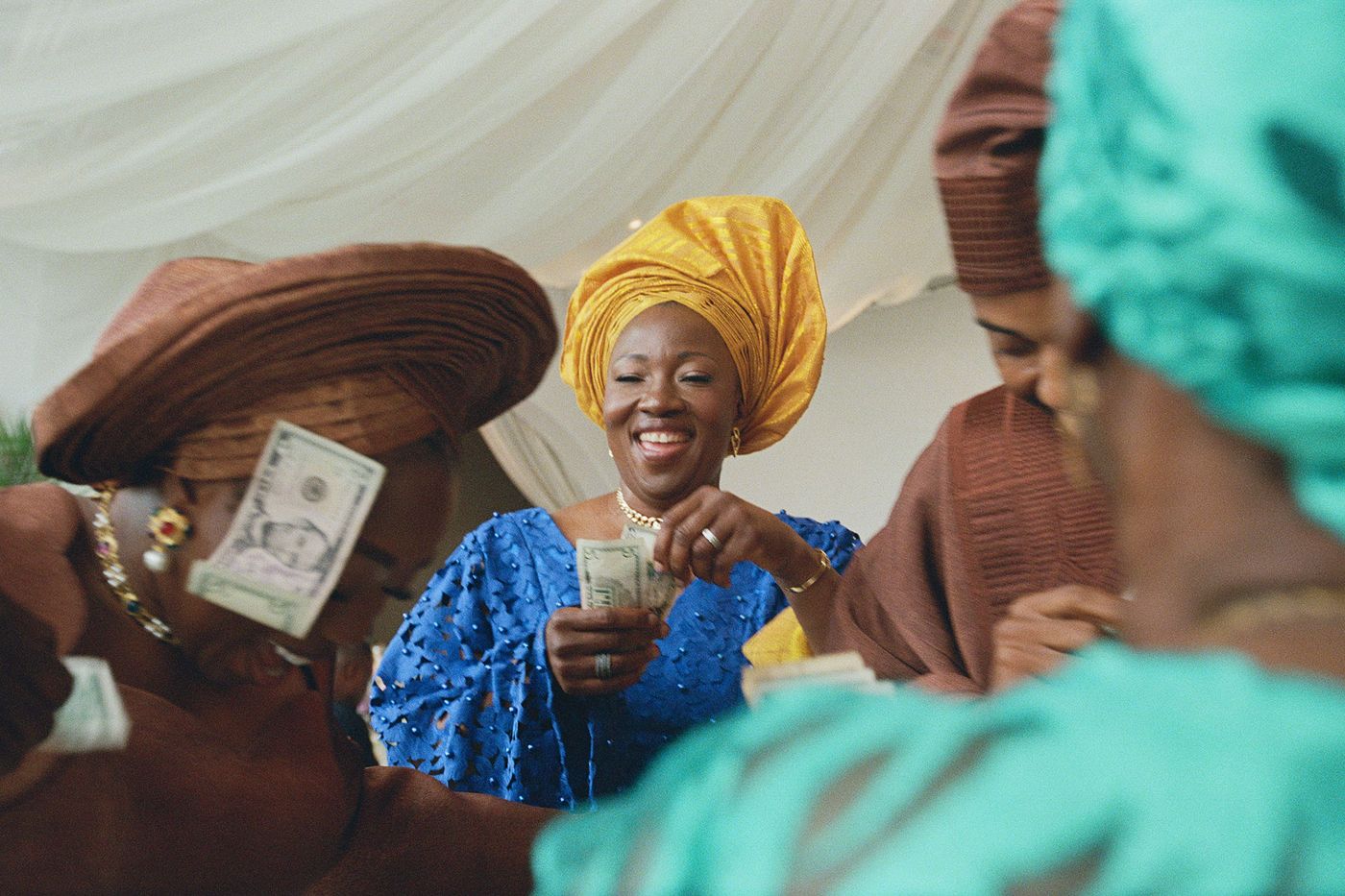 Photo: Chellise Michael Photography
Photo: Chellise Michael Photography
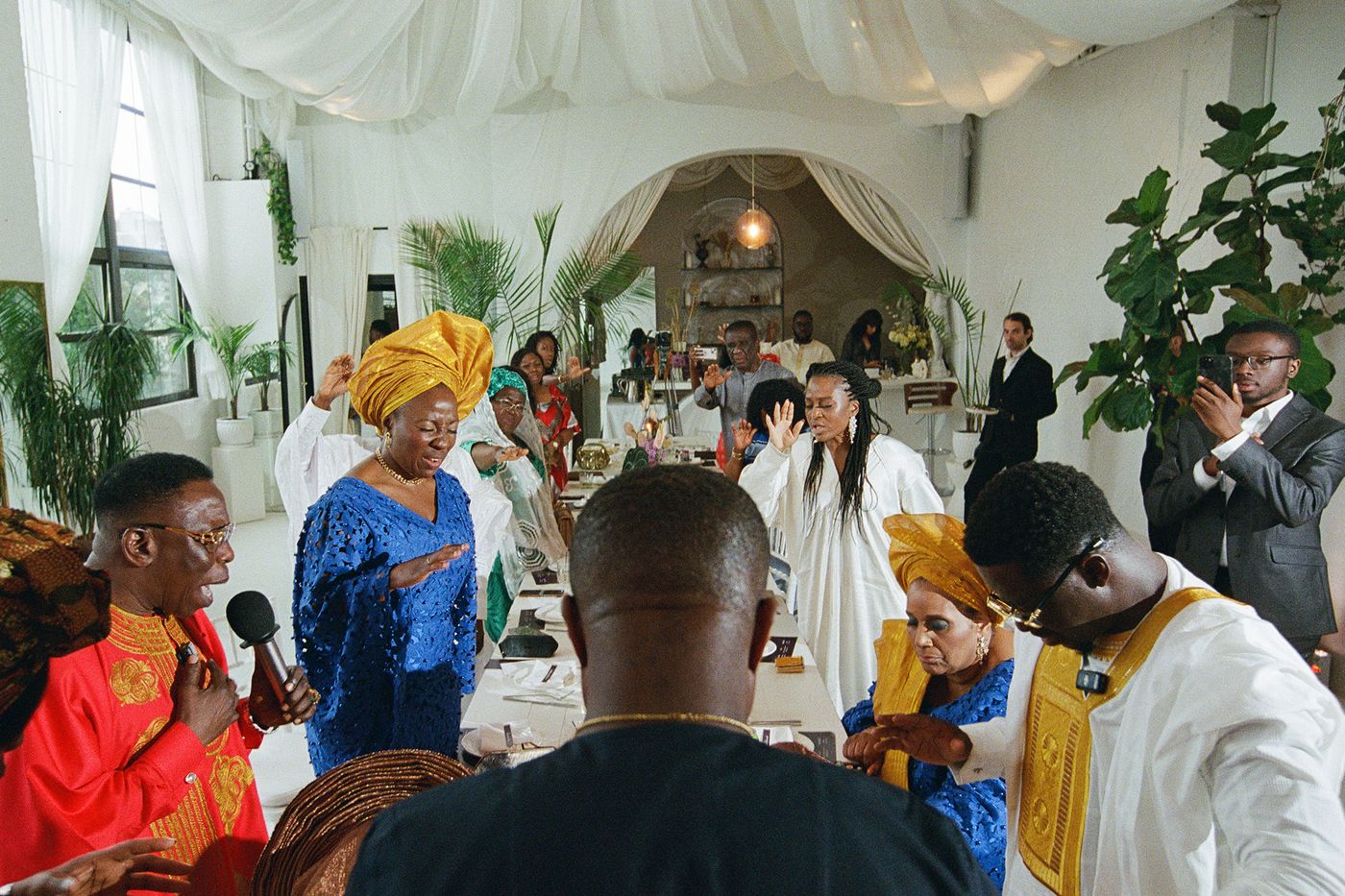 Photo: Chellise Michael Photography
Photo: Chellise Michael Photography
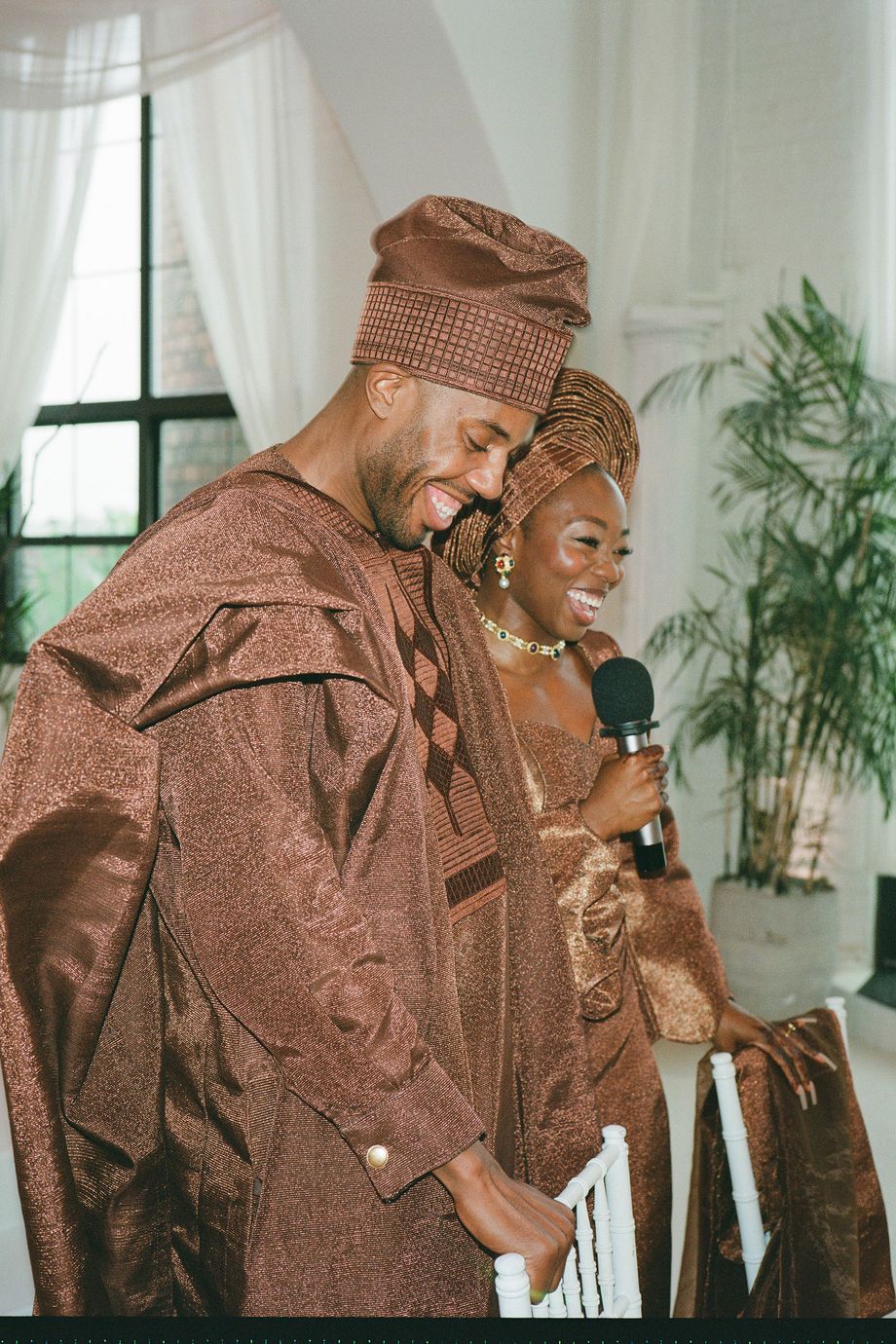 Photo: Chellise Michael Photography
Photo: Chellise Michael Photography
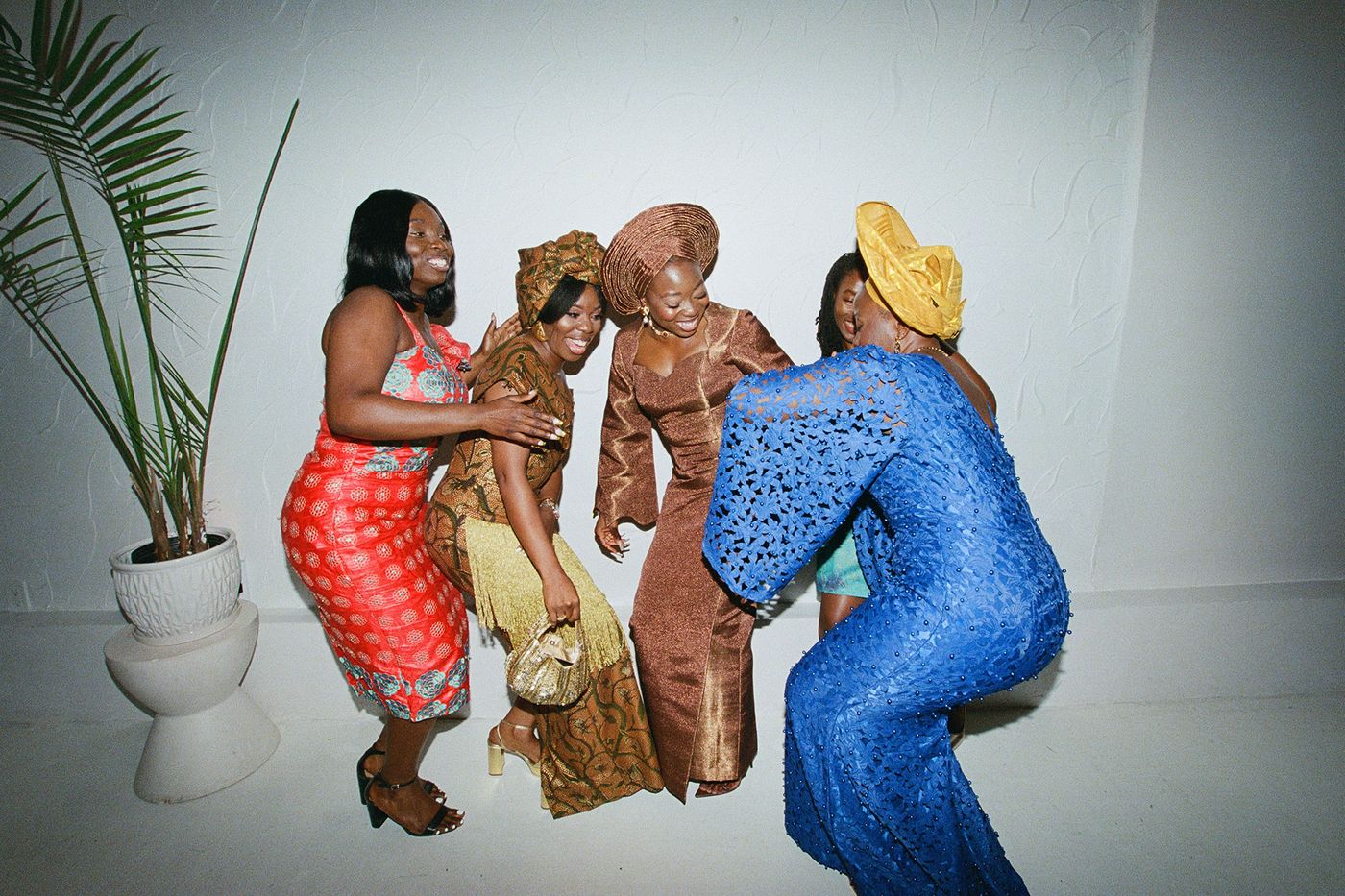 Photo: Chellise Michael Photography
Photo: Chellise Michael Photography
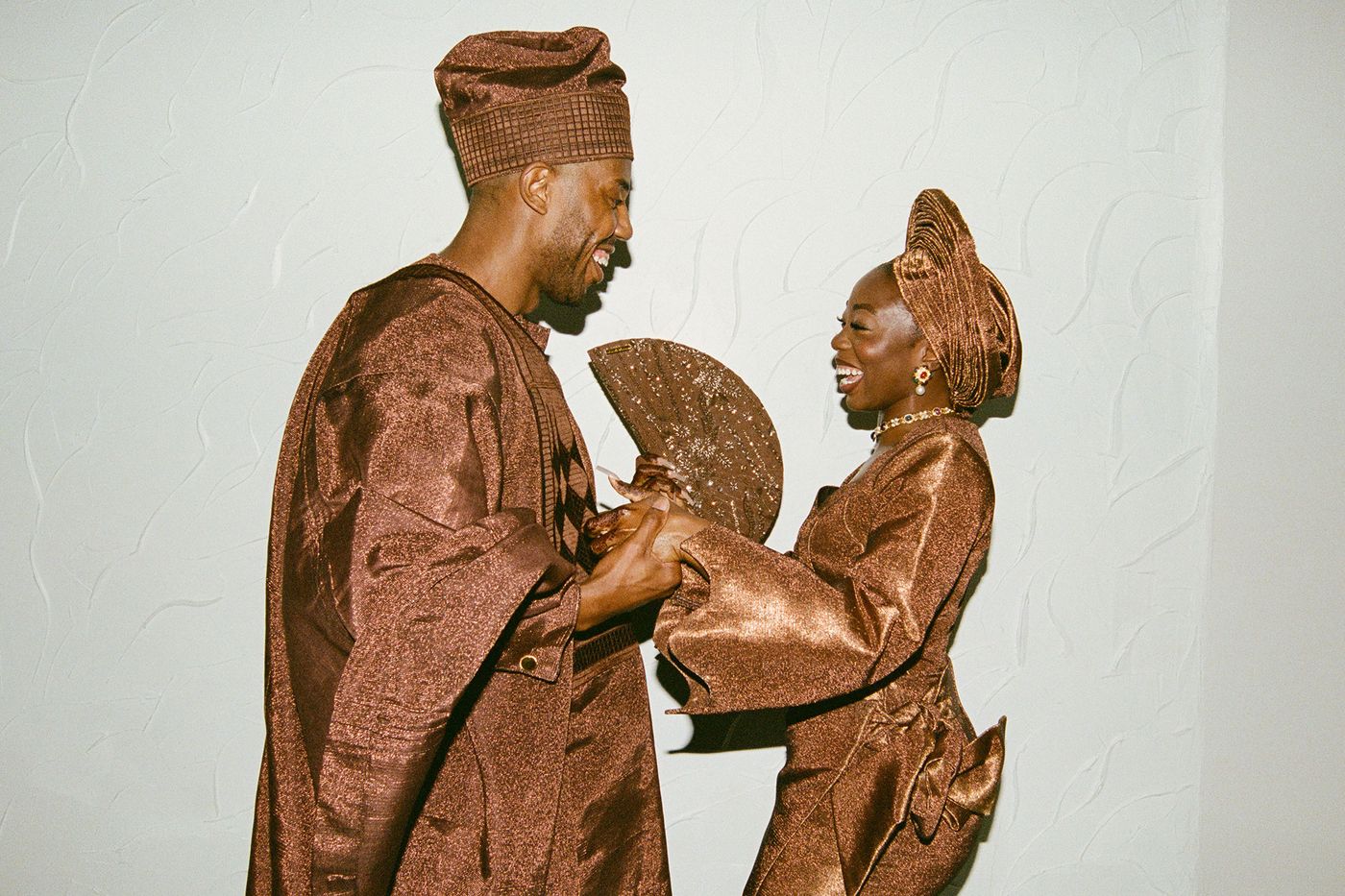 Photo: Chellise Michael Photography
Photo: Chellise Michael Photography
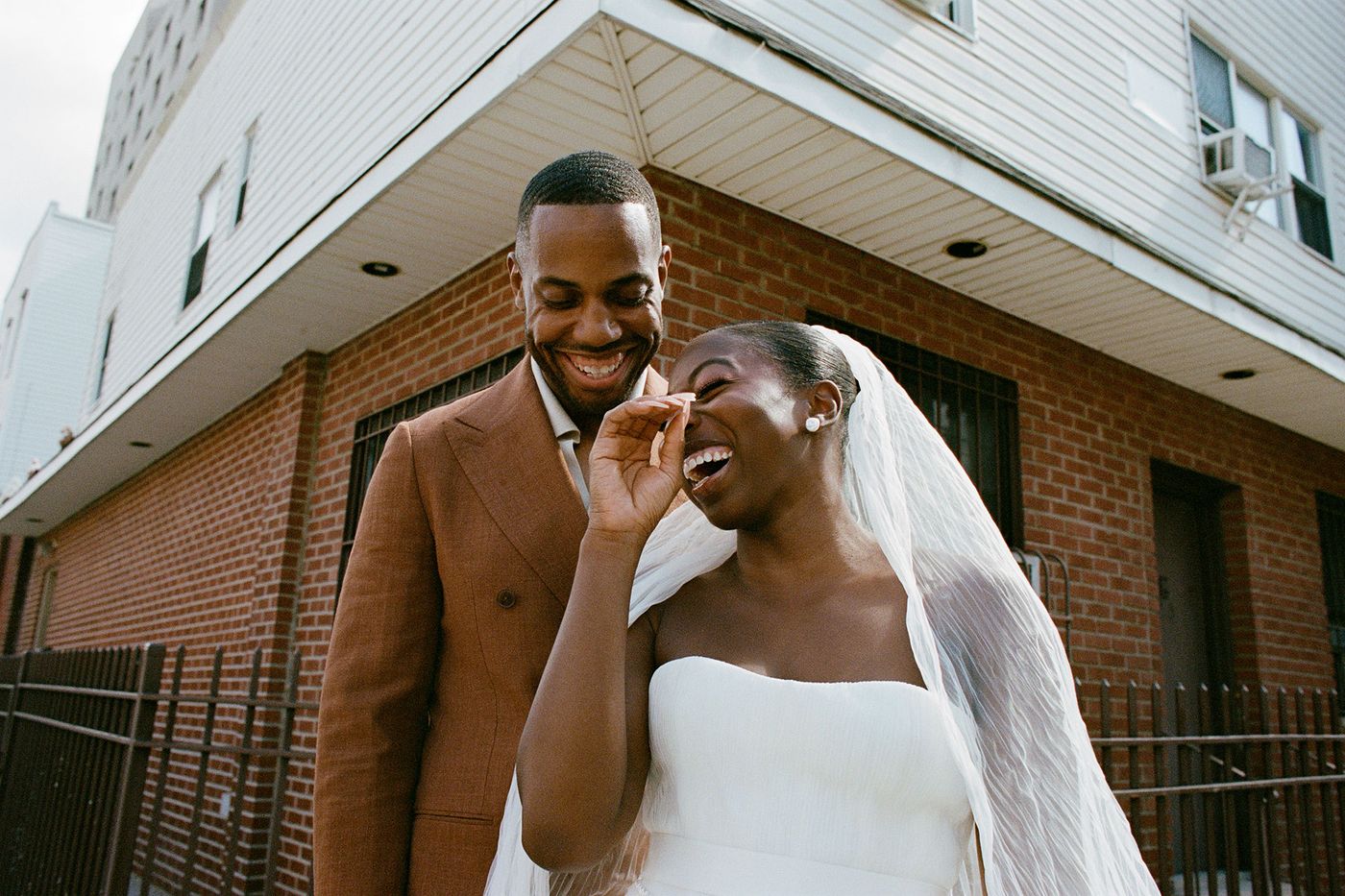 Photo: Chellise Michael Photography
Photo: Chellise Michael Photography
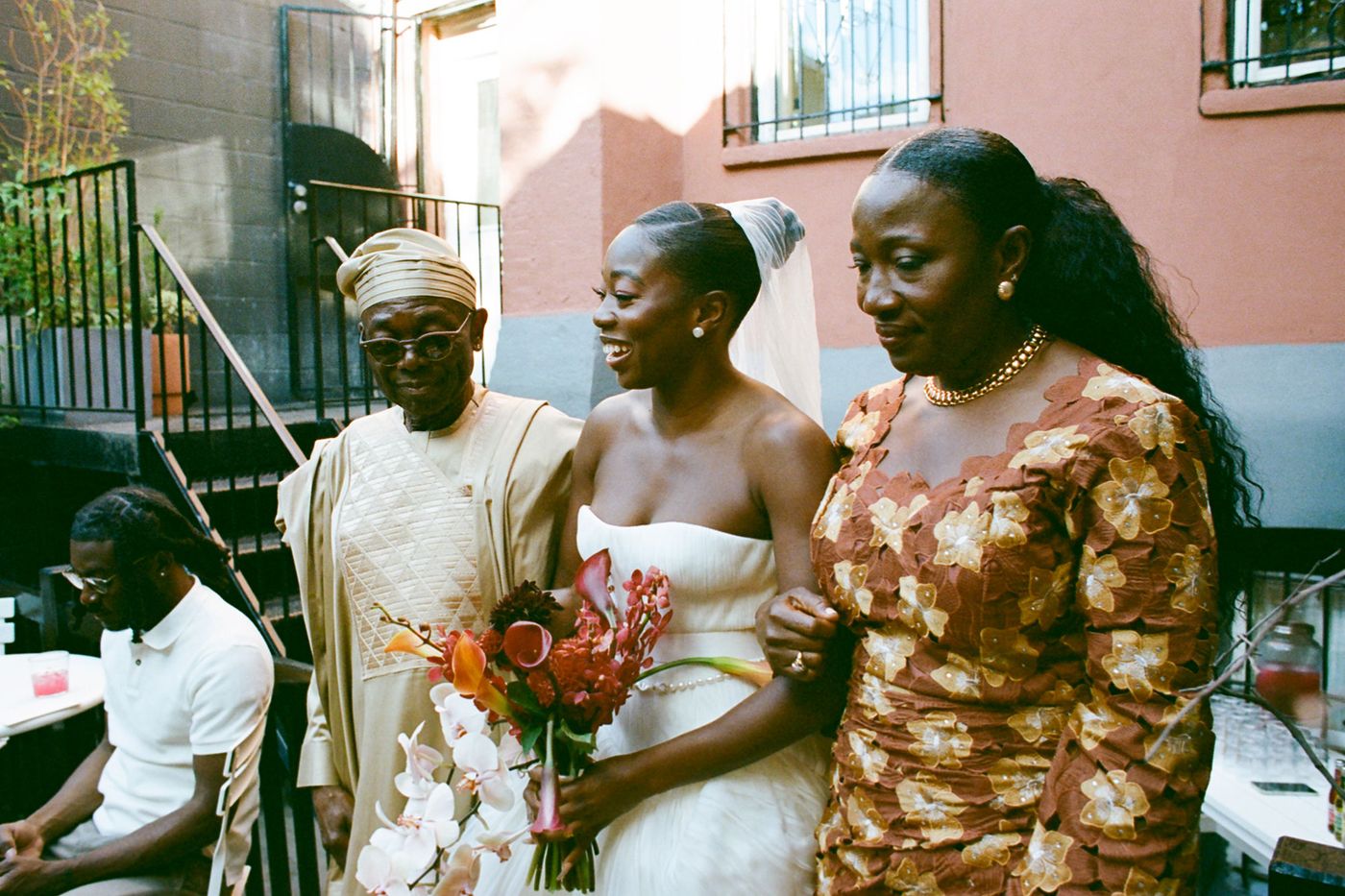 Photo: Chellise Michael Photography
Photo: Chellise Michael Photography
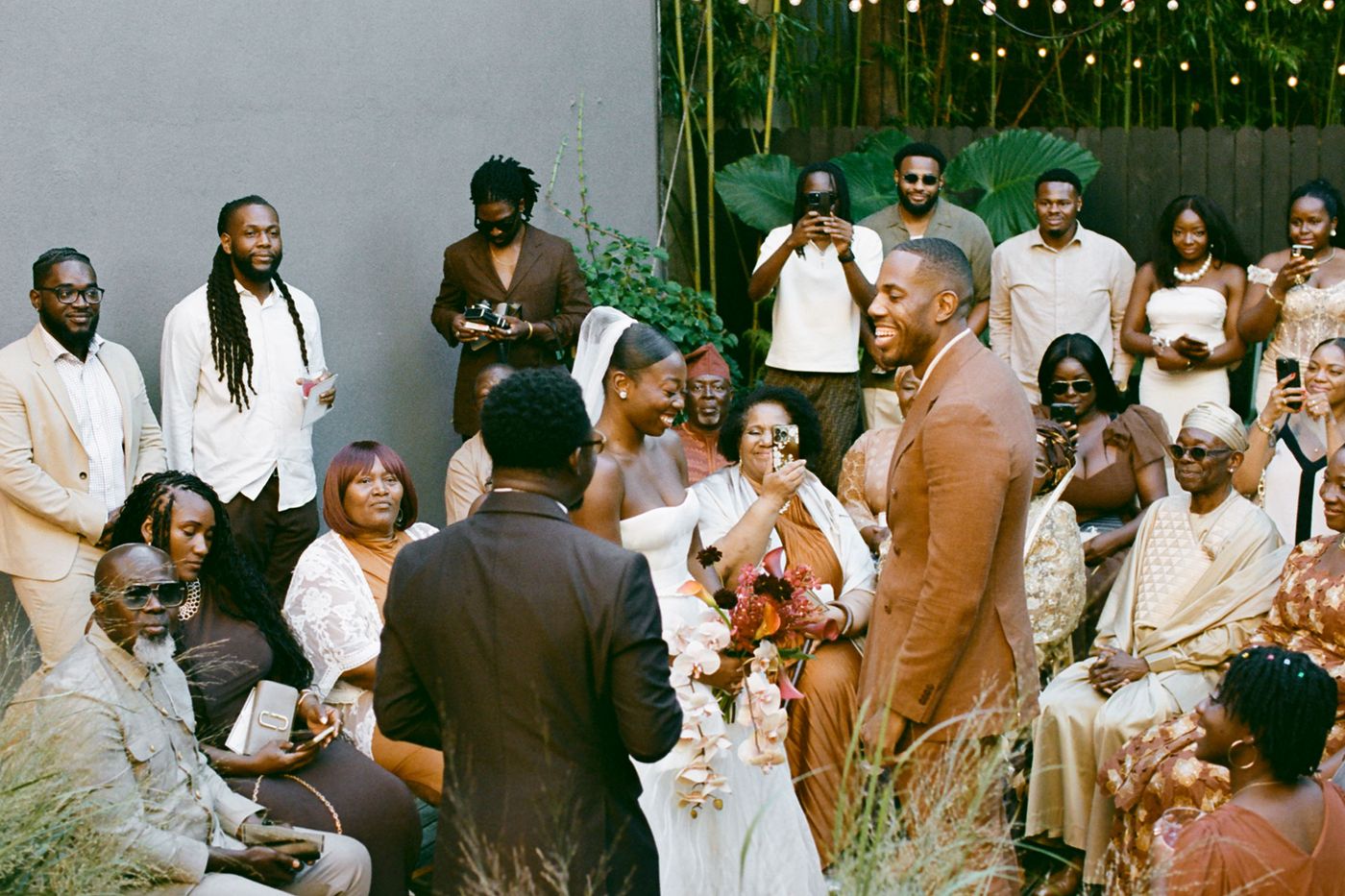 Photo: Chellise Michael Photography
Photo: Chellise Michael Photography
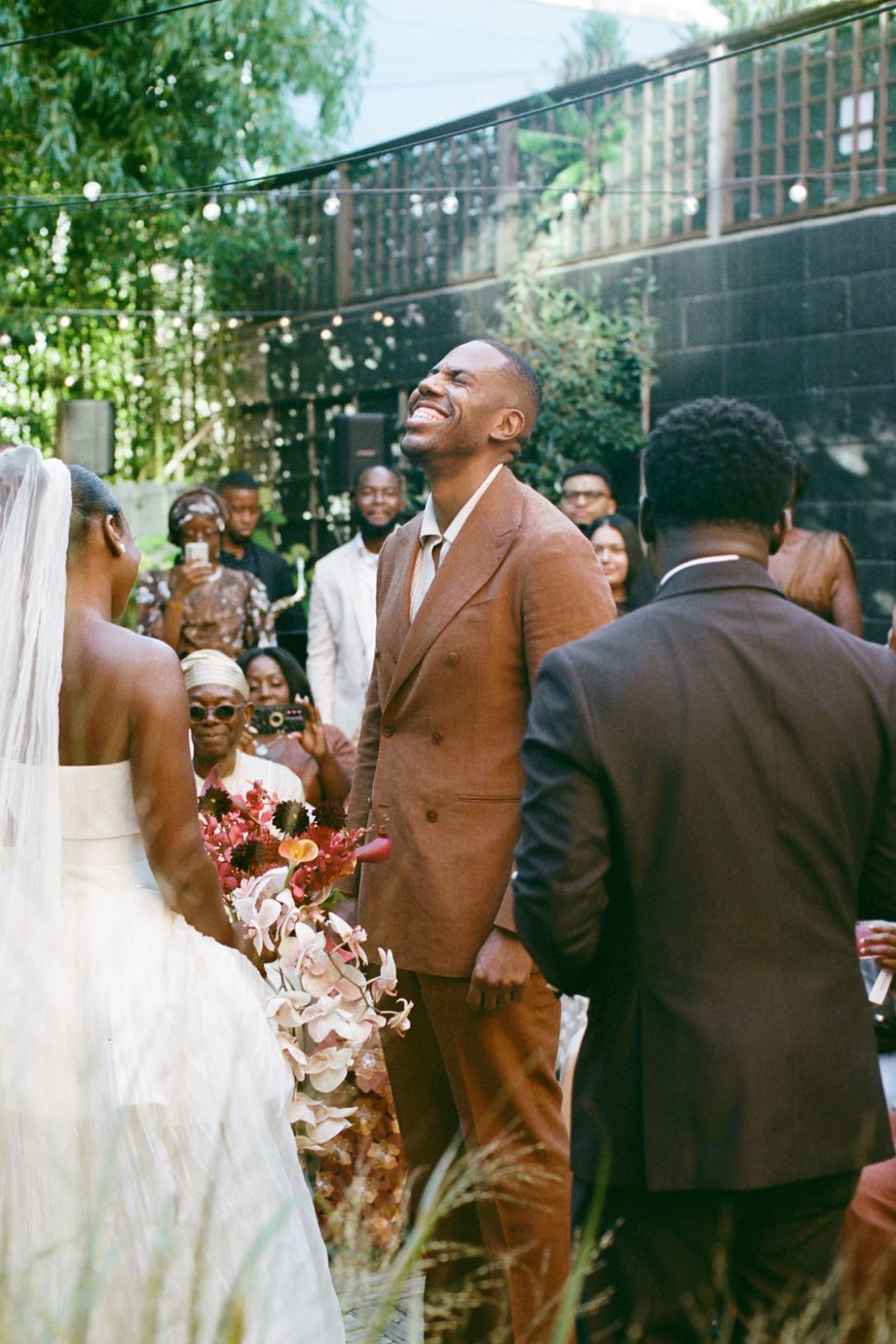 Photo: Chellise Michael Photography
Photo: Chellise Michael Photography
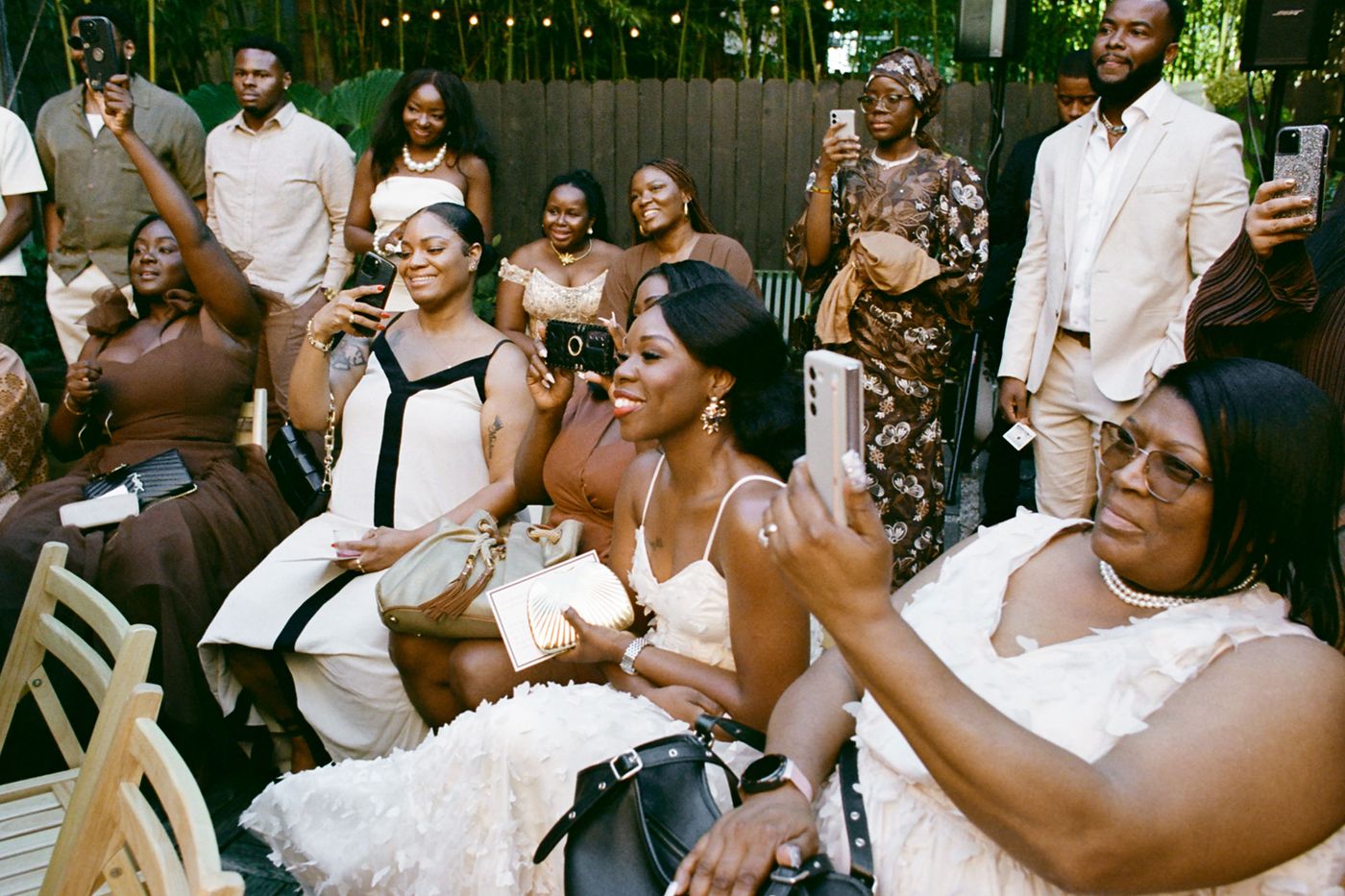 Photo: Chellise Michael Photography
Photo: Chellise Michael Photography
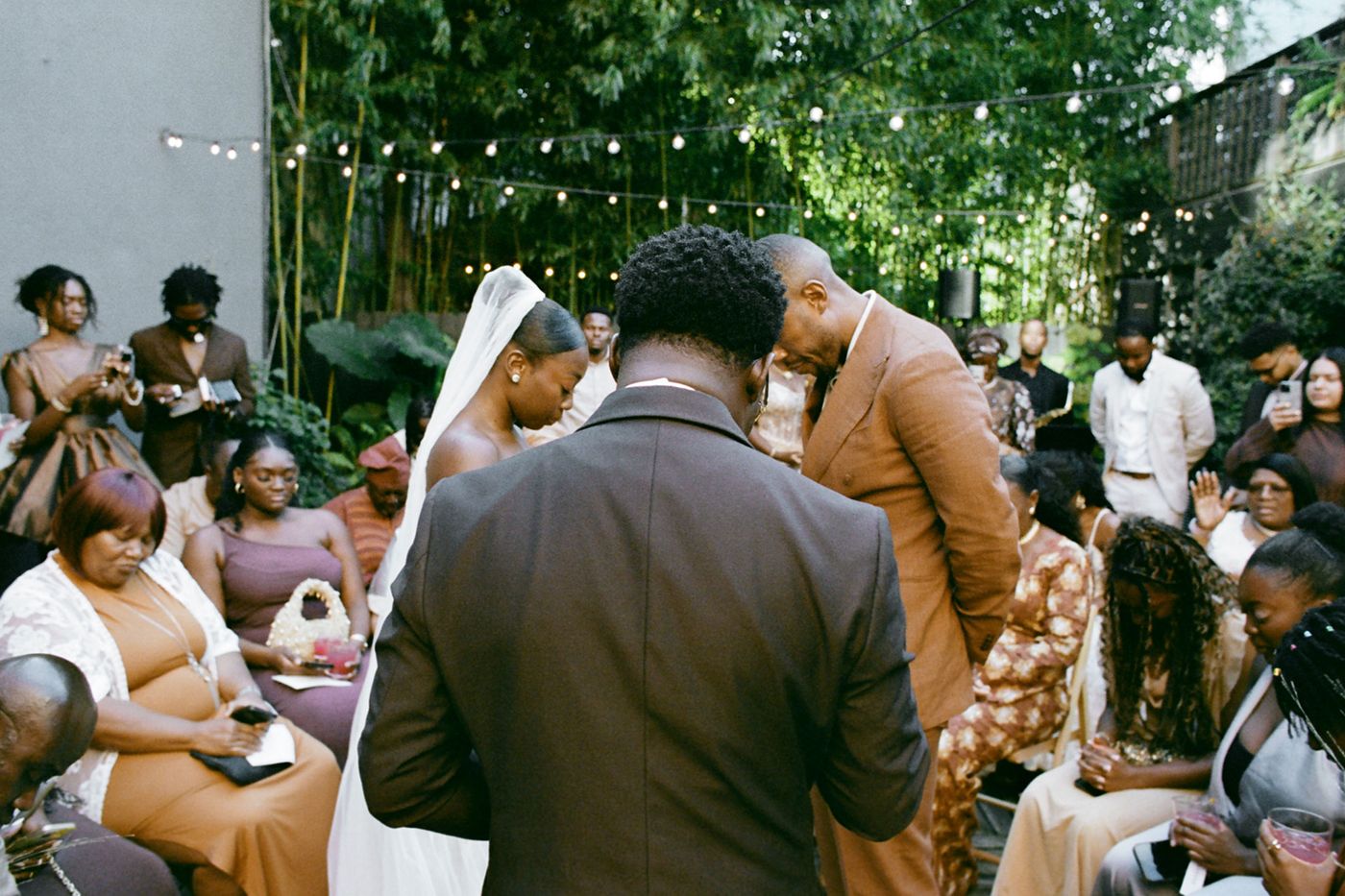 Photo: Chellise Michael Photography
Photo: Chellise Michael Photography
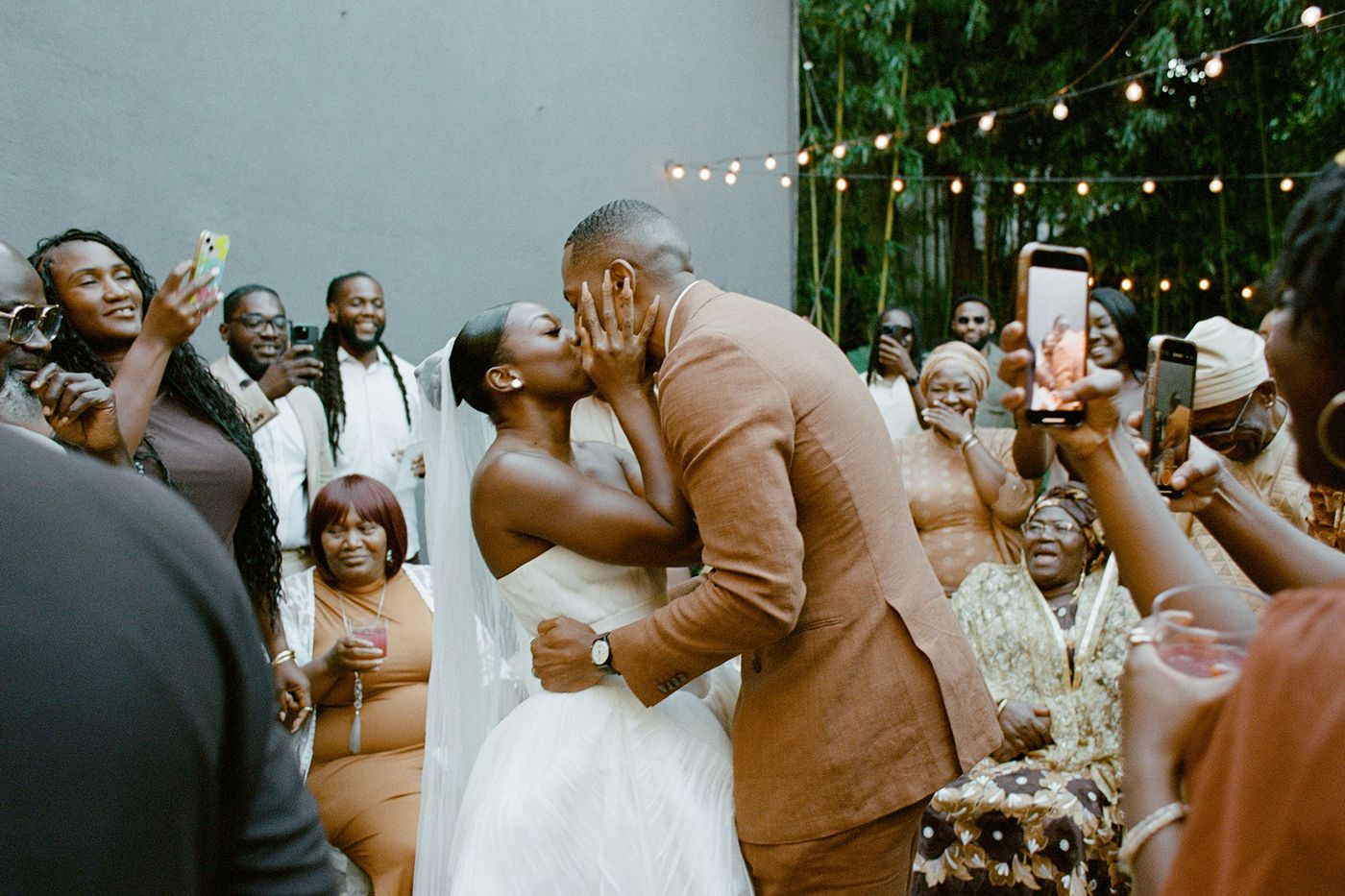 Photo: Chellise Michael Photography
Photo: Chellise Michael Photography
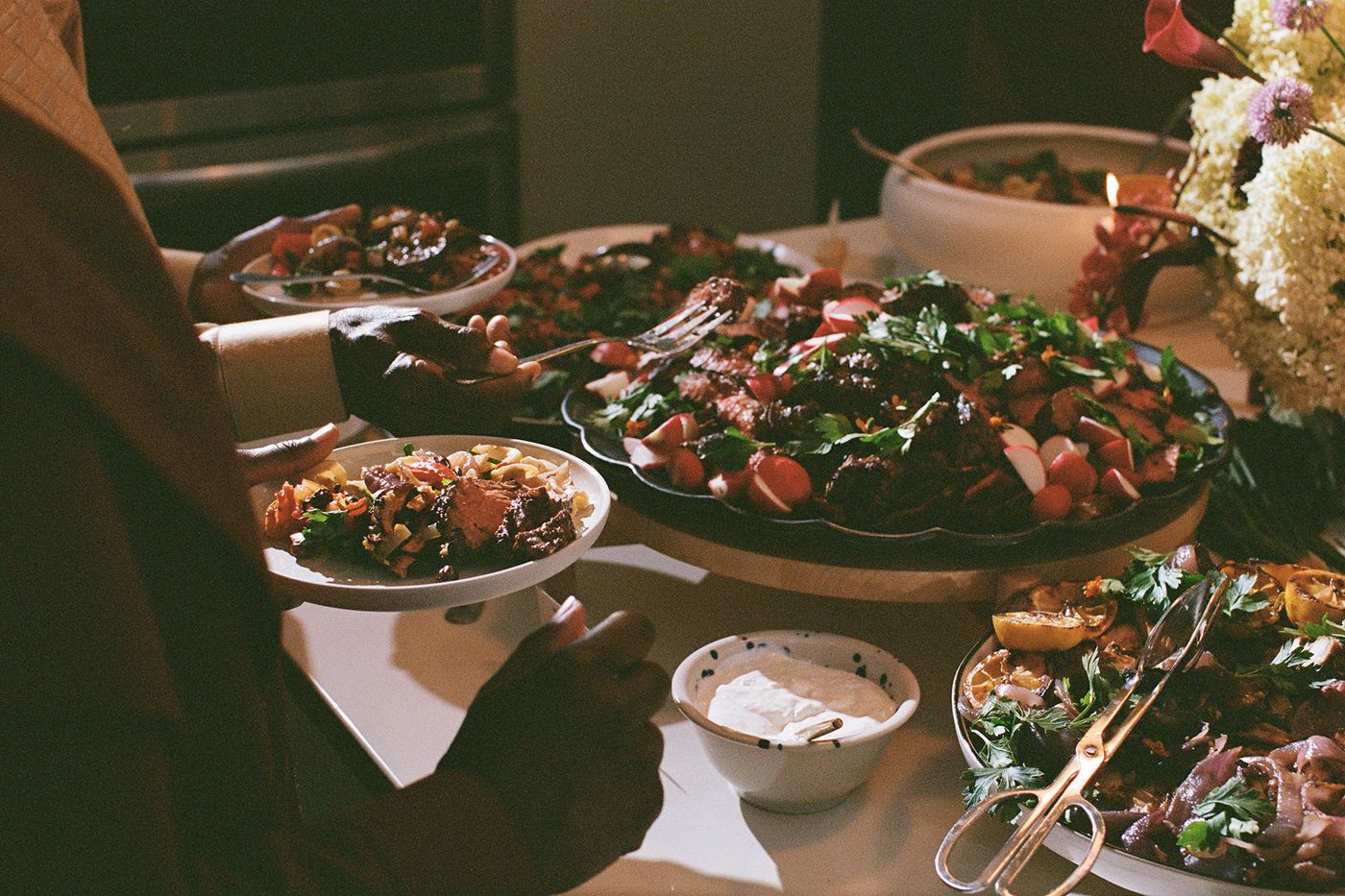 Photo: Chellise Michael Photography
Photo: Chellise Michael Photography
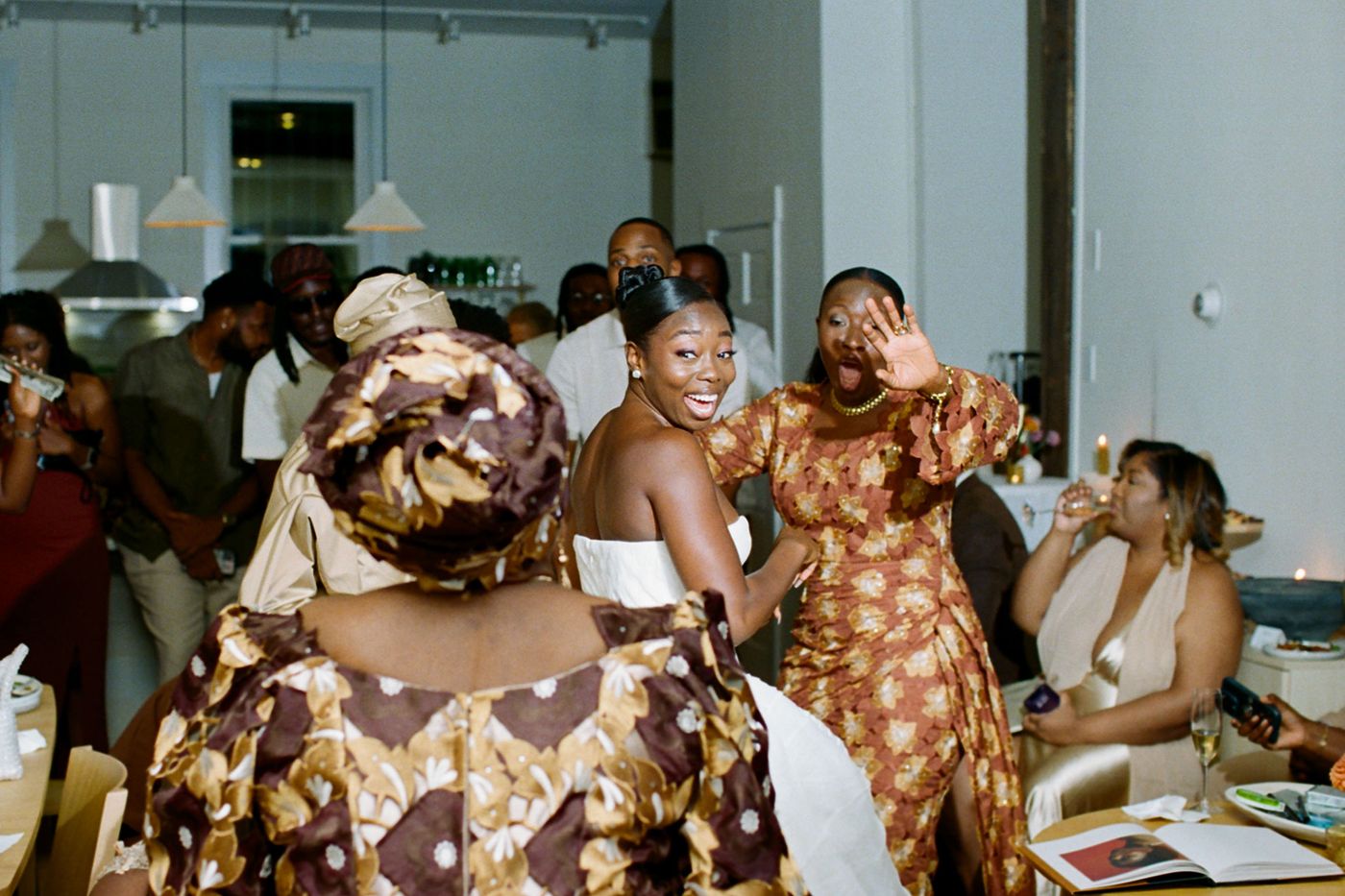 Photo: Chellise Michael Photography
Photo: Chellise Michael Photography
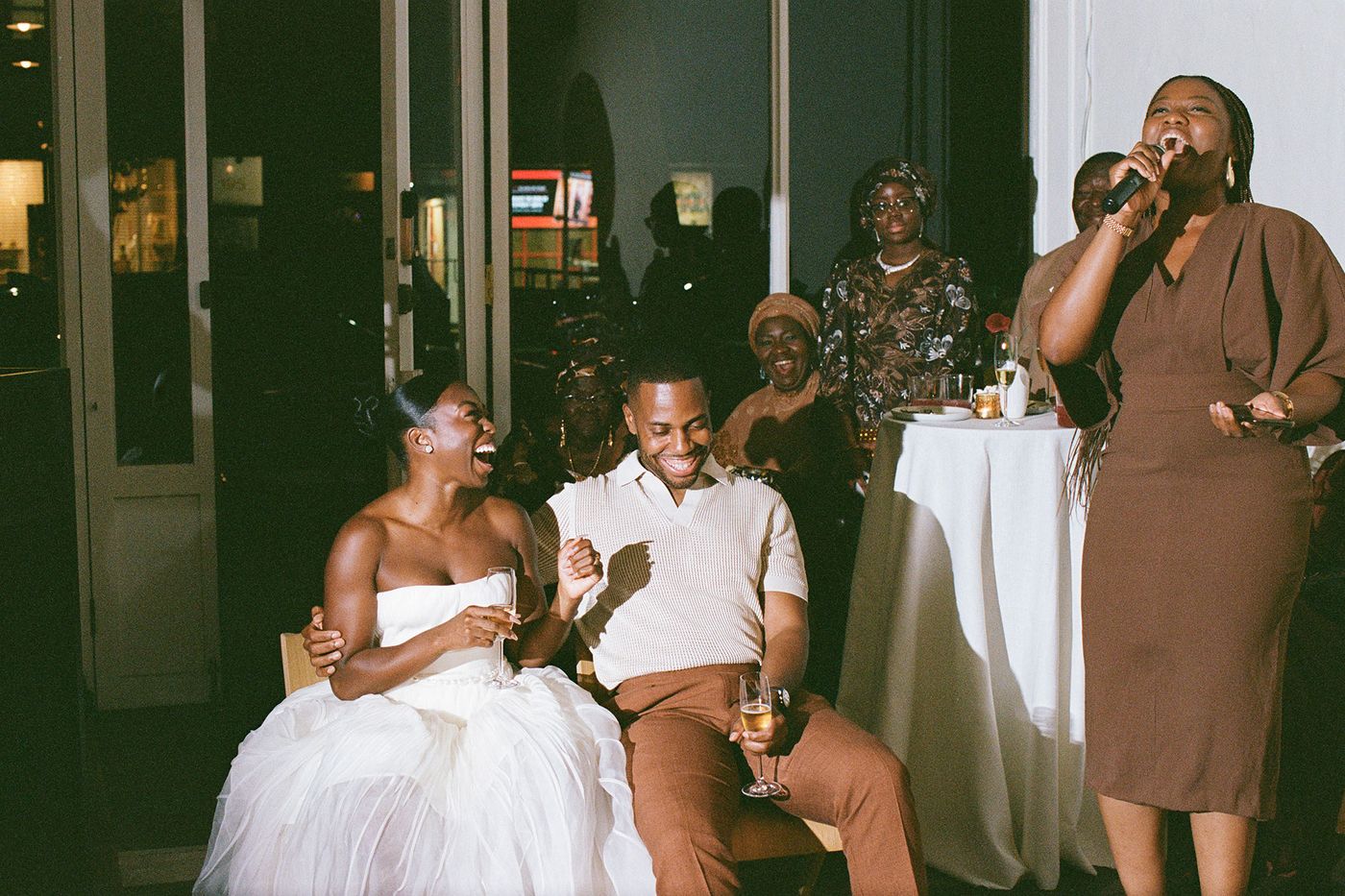 Photo: Chellise Michael Photography
Photo: Chellise Michael Photography
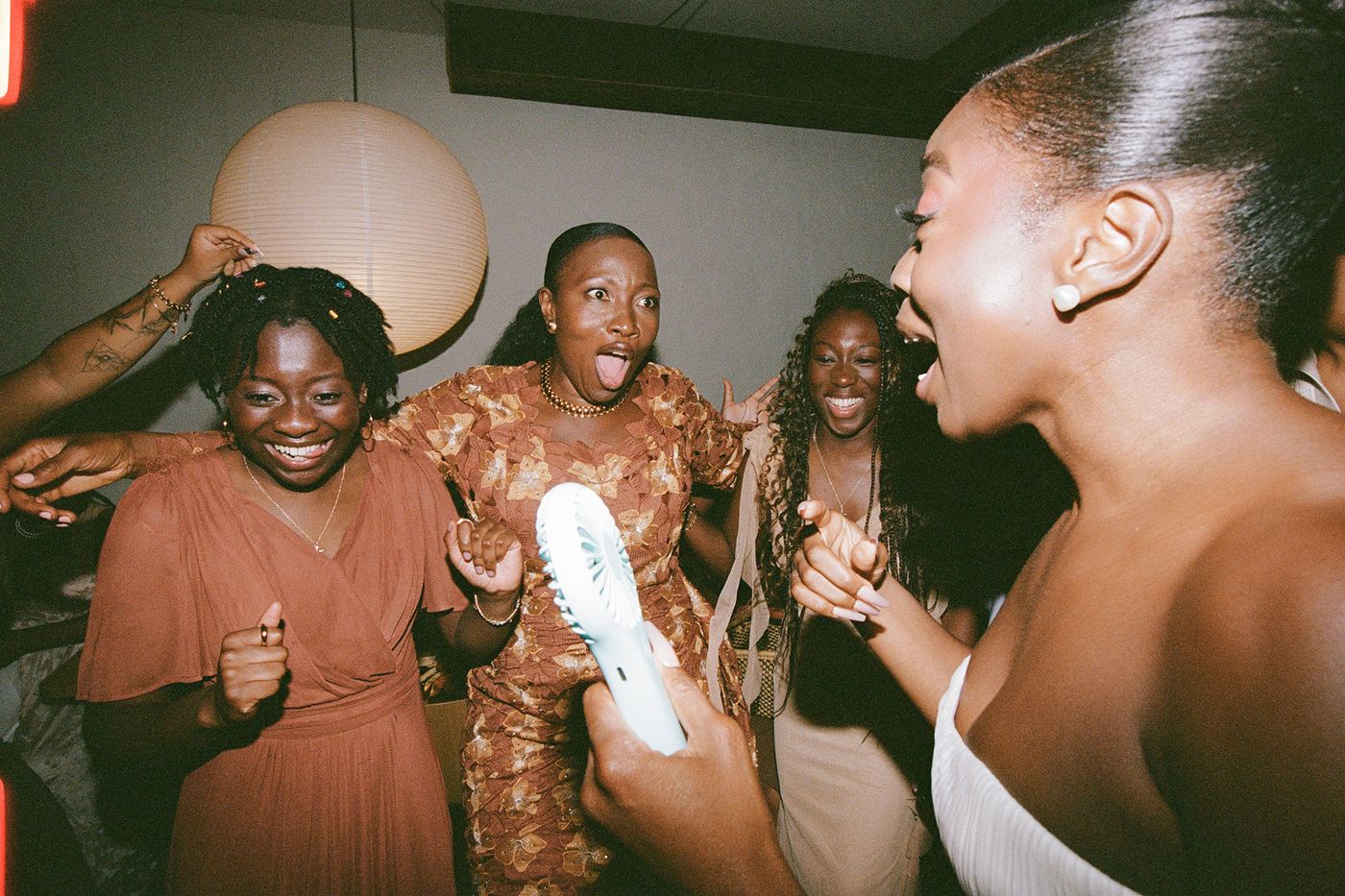 Photo: Chellise Michael Photography
Photo: Chellise Michael Photography
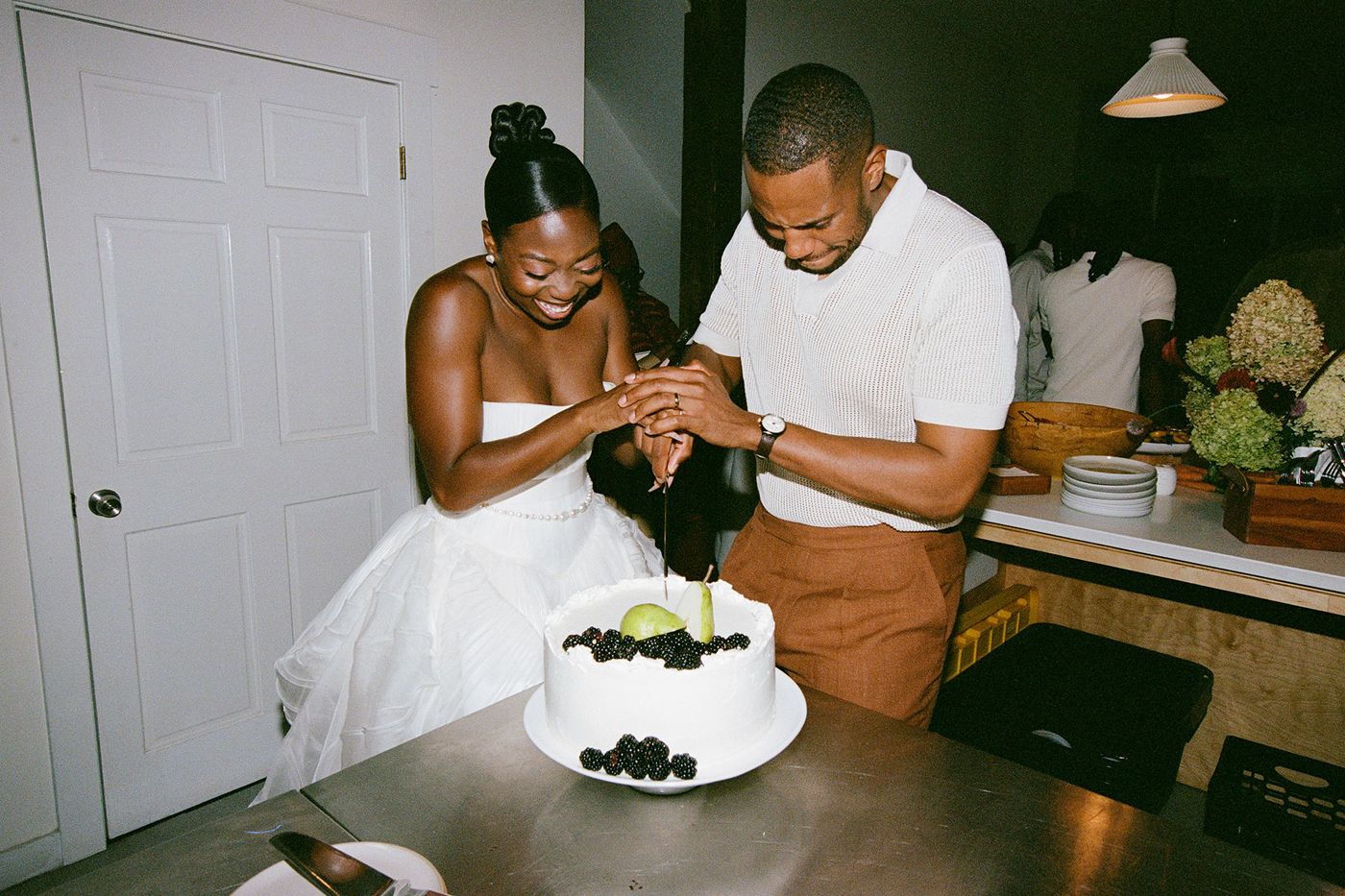 Photo: Chellise Michael Photography
Photo: Chellise Michael Photography
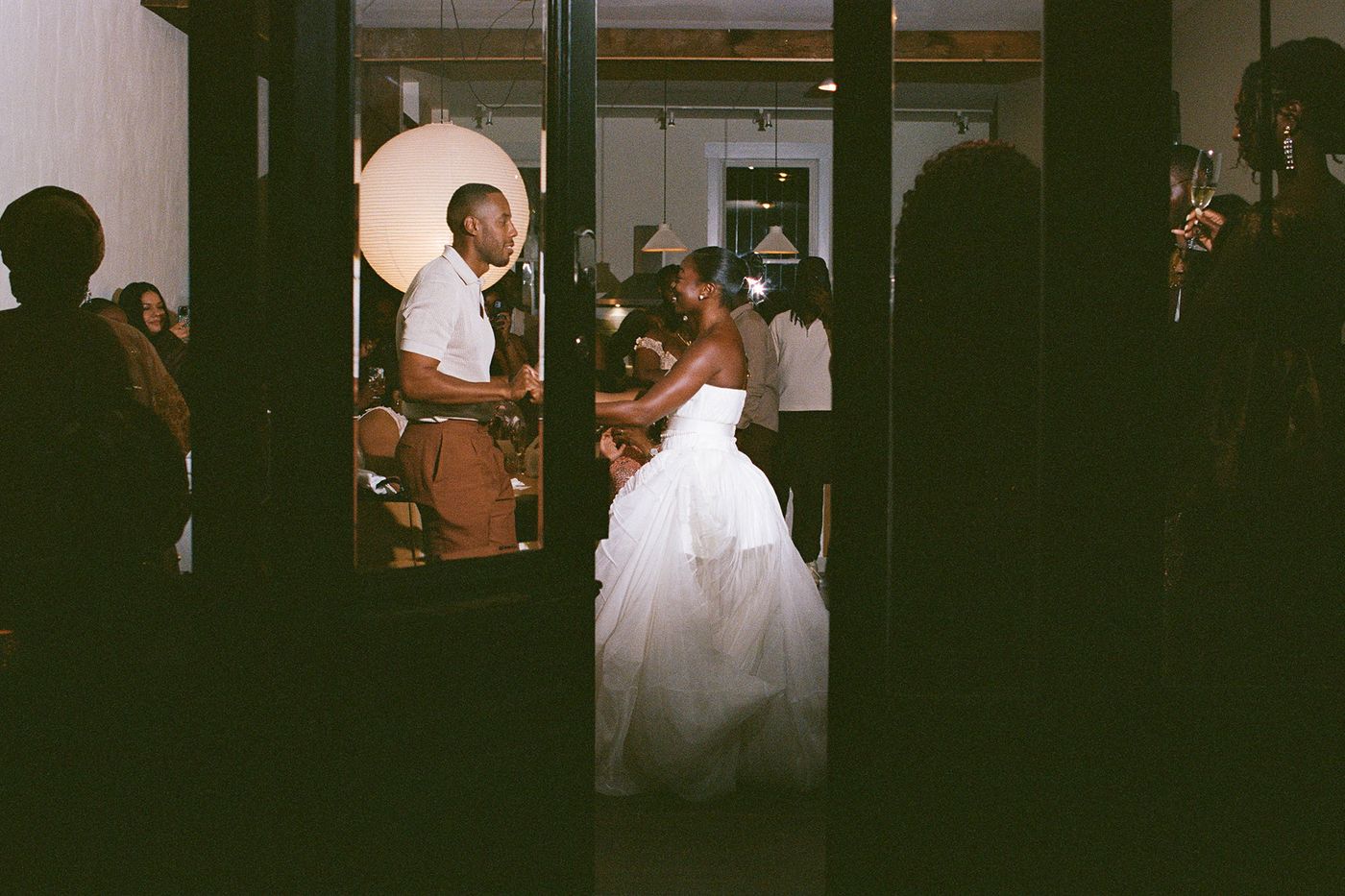 Photo: Chellise Michael Photography
Photo: Chellise Michael Photography


